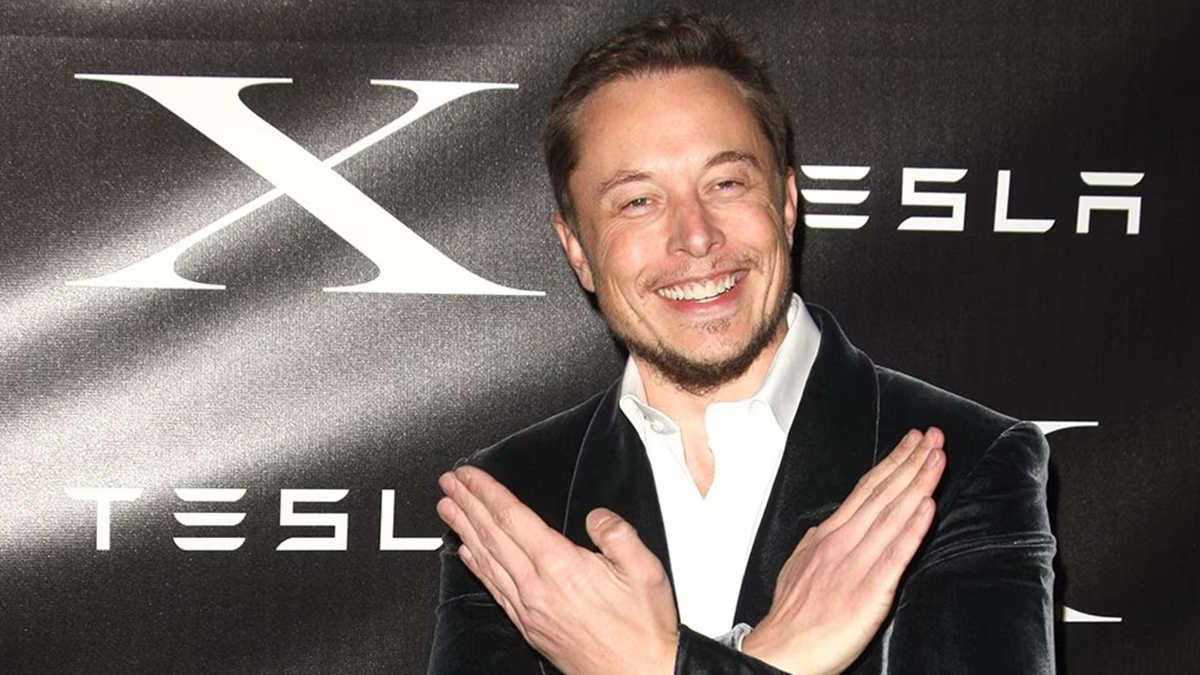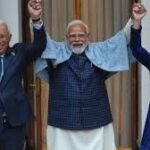Elon Musk, Electoral Interference through X and Democracy are at the center of debates all around the world. Elon Musk, the billionaire entrepreneur behind companies like Tesla, SpaceX, and Neuralink, purchased Twitter in October 2022, later rebranding it as “X.” This acquisition has placed Musk at the center of debates about the influence of social media on global politics. The recent allegations of Musk using X to interfere in elections, combined with Venezuela’s decision to ban the platform, highlight the complex intersection of technology, politics, and international relations.
The allegations against Musk center on the idea that X, under his leadership, has become a tool for shaping political narratives in various countries. Social media platforms like X are powerful instruments for influencing public opinion, spreading information (and misinformation), and mobilizing voters. Critics argue that Musk’s ownership of X gives him disproportionate control over the global conversation, potentially allowing him to sway elections by amplifying certain voices while silencing others.
One of the most contentious issues surrounding X is its approach to content moderation. Since Musk took over, there have been significant changes in how the platform handles misinformation, hate speech, and political content. Musk has publicly stated his commitment to free speech, leading to a more lenient approach to content moderation. However, this has sparked concerns that X could become a breeding ground for false information that could influence election outcomes.
Moreover, Musk’s personal views and political leanings have raised questions about the platform’s neutrality. His public statements on various political issues, including his endorsements of certain candidates and his criticisms of others, have led to accusations that he could use X to promote specific agendas.
In 2024, Venezuela took the drastic step of banning X within its borders. The government justified this move by accusing X of spreading misinformation and destabilizing the country’s political environment. The ban reflects the broader concern that social media platforms, when controlled by powerful individuals or entities, can be used to interfere in the internal affairs of sovereign nations.
The potential for social media platforms like X to influence elections raises serious questions about the integrity of democratic processes. In democracies, elections are supposed to reflect the will of the people, but when a single individual or company has the power to shape public discourse, it threatens the fairness and transparency of the process.
The situation with Musk and X is particularly concerning because of the global reach of the platform. Unlike traditional media, which is often regulated and subject to local laws, social media transcends borders, making it difficult for governments to control or regulate the information that their citizens consume.
Social media has become an indispensable tool for political campaigns. It allows candidates to reach voters directly, bypassing traditional media channels. Platforms like X enable politicians to communicate their messages instantly and interact with the electorate in real-time. However, this also opens the door for manipulation, as algorithms can be used to target specific demographics with tailored messages, creating echo chambers that reinforce existing beliefs rather than promoting informed debate.
One of the biggest challenges in the digital age is the spread of misinformation and disinformation. Social media platforms are often criticized for not doing enough to combat false information, which can have serious consequences for elections. In some cases, false narratives can go viral, shaping public perception and influencing voter behavior before the truth comes to light.
Musk’s approach to content moderation on X has been controversial, with some praising his commitment to free speech while others warn that it could lead to an increase in harmful content. The lack of clear guidelines and transparency in how X handles political content only adds to the concerns about its potential impact on elections.
Venezuela’s decision to ban X is a significant development in the global debate over the role of social media in politics. The ban is part of a broader trend of governments taking action against social media platforms that they perceive as threats to their sovereignty. In Venezuela’s case, the government has accused X of contributing to political instability by allowing the spread of misinformation and anti-government propaganda.
The ban has sparked a debate about the balance between free speech and national security. While some argue that governments have the right to protect their citizens from harmful content, others warn that such measures could be used to suppress dissent and silence opposition voices.
The situation in Venezuela could set a precedent for other countries dealing with similar concerns about the influence of social media on their political systems. Already, there are reports of other nations considering similar measures against X and other platforms. If more countries follow Venezuela’s lead, it could lead to a fragmentation of the global internet, with different regions adopting their own rules and regulations for social media.
Regulating social media platforms like X is a complex task. On one hand, there is a need to ensure that these platforms do not become tools for election interference or the spread of harmful content. On the other hand, overregulation could stifle free speech and innovation.
Musk has expressed skepticism about government regulation, arguing that it could stifle free expression. However, the growing concerns about the role of X in politics may force governments to take action. The challenge will be finding a balance between protecting democratic processes and preserving the open nature of the internet.
The situation with X under Musk’s leadership highlights the growing power of big tech companies in shaping global politics. As these companies continue to expand their influence, the line between private enterprise and public policy becomes increasingly blurred. This raises important questions about accountability and transparency.
There is a growing consensus that the power of big tech needs to be checked to protect democratic institutions. However, achieving this will require international cooperation and the development of new frameworks for regulating digital platforms.
The allegations of electoral interference involving Elon Musk and X, combined with Venezuela’s decision to ban the platform, underscore the complex and often contentious relationship between technology and politics. As social media continues to play a central role in modern elections, the need for robust and transparent mechanisms to ensure the integrity of democratic processes has never been greater. The future of X and its impact on global politics will depend on how these challenges are addressed, and whether the international community can find a balance between innovation and regulation.
4o





Leave a Reply